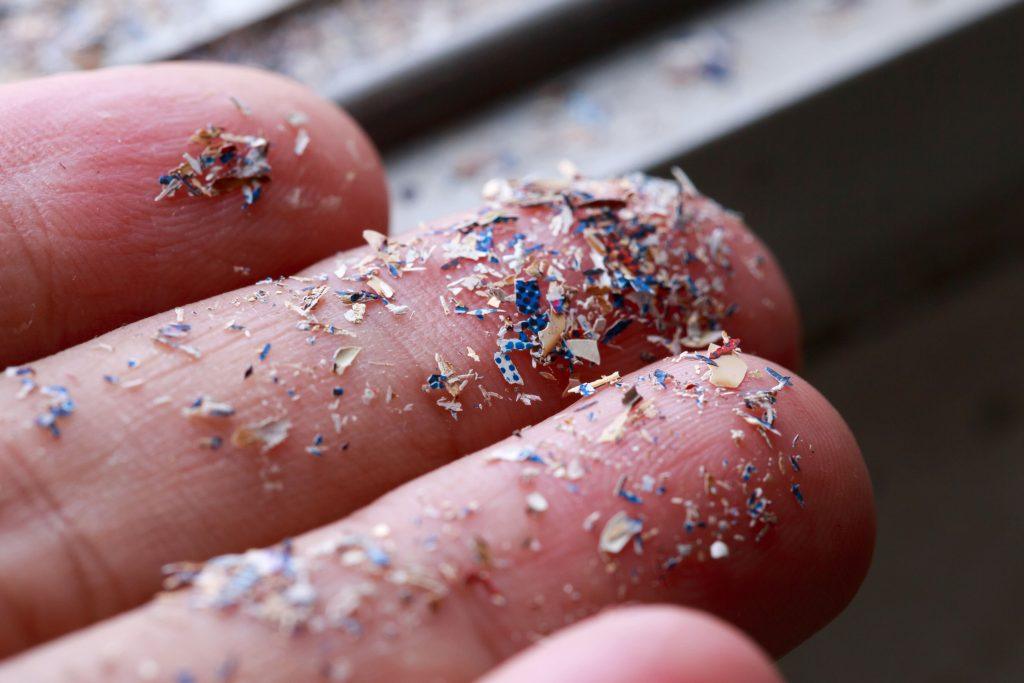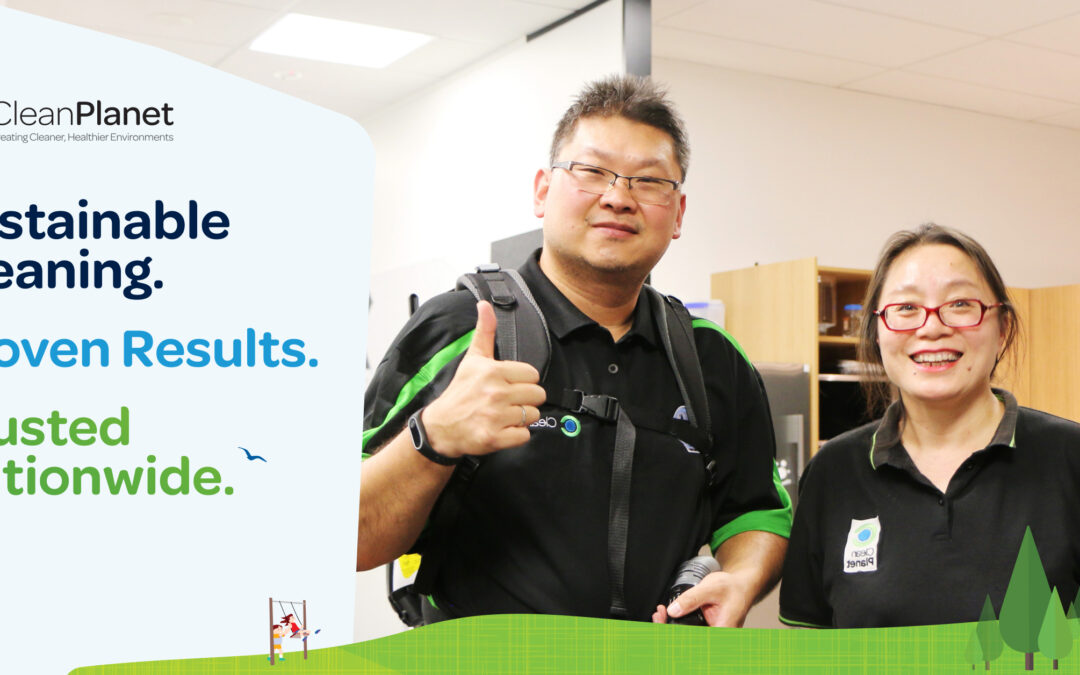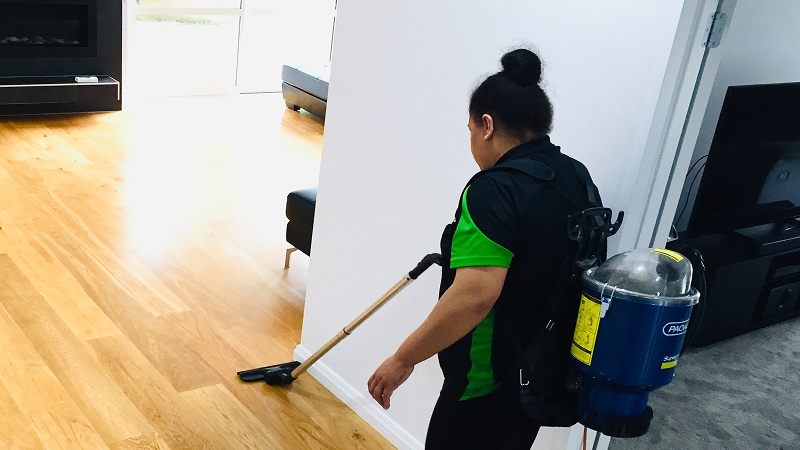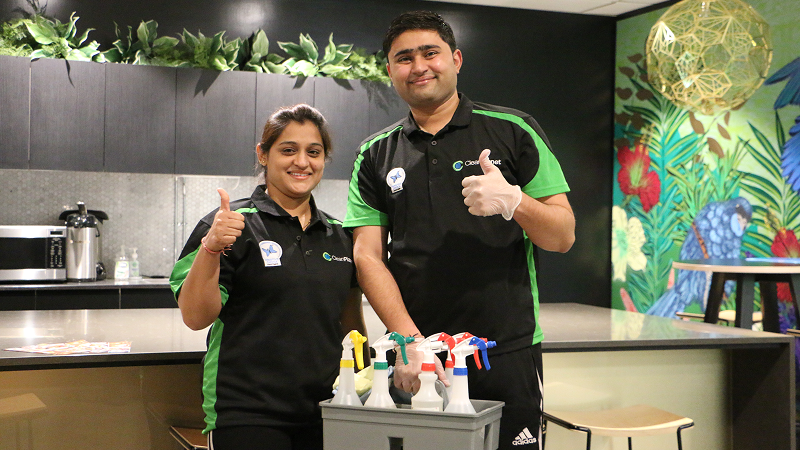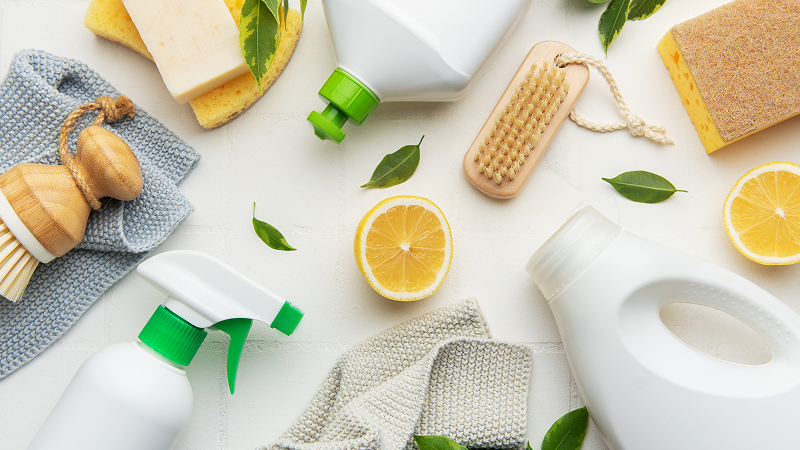A University of Newcastle report commissioned by the World Wide Fund for Nature found that the average individual could be ingesting as much as 5 grams, or one credit card’s worth of microplastics every week.
What are Microplastic and how does it affect us?
Microplastics are small plastic particles, less than 5mm in diameter, and are reported to be near-ubiquitous: they have been found in drinking water, food, and the atmosphere.
According to the European Chemicals Agency, microplastics are formed either by unintentional wear and tear when smaller particles break free of larger pieces of plastic, such as car tires, or synthetic textiles such as Microfibre cleaning cloths.
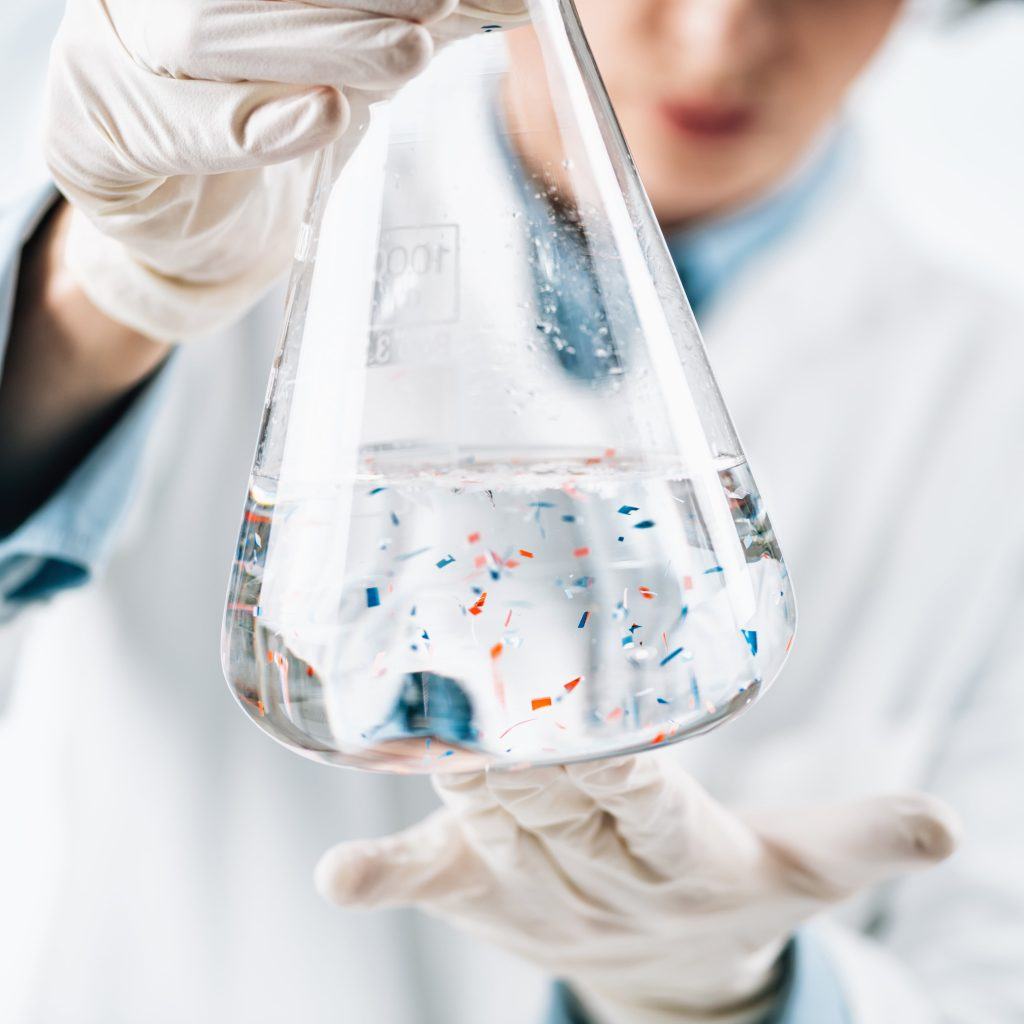
You may already be aware that plastics are not great for the environment. Today’s households and cleaning companies are widely using Microfibre cleaning cloths for cleaning homes and commercial places. The materials used in these microfibre cloths are non-biodegradable. The most common type of Microfibre used in cleaning cloths is made from polyester and polyamide (nylon). In simple terms, the Microfibre is essentially made of plastic.
Evidence shows that materials released from the microfibre cloths are damaging our water supply and end up in our oceans and lakes. Drinking water is the most common source of microplastic ingestion. Microplastics have also been found in food. One study estimates about 90 plastic particles are ingested from an average 250g serving of mussels.
How does Clean Planet do it better than other cleaning companies?
We must factor in the health of our environment, as our personal health and wellbeing are also directly affected by it. If the environment is free from pollution, there will be only fewer health problems.
As New Zealand’s only Sensitive Choice accredited cleaning company, Clean Planet is doing its part to create healthier, safer homes and workplaces for Kiwis nationwide. We avoid using the non-biodegradable Microfibre cleaning cloths and promote using the Bamboo microfibre cloths made purely from bamboo fibres and 100% biodegradable.
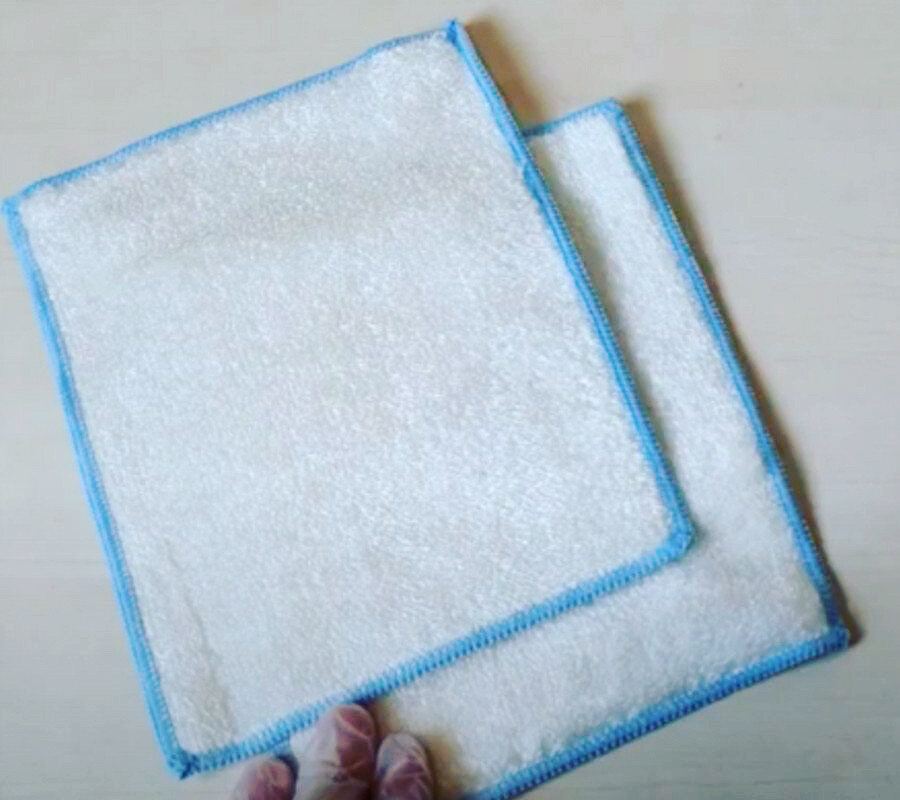
The Bamboo microfibre cloths do not shed any micro-plastics during washing or cleaning. The bamboo cleaning cloth is an eco-friendly sustainable option for everyday cleaning. It easily wipes away dirt, stains, and grease. And are biodegradable, renewable, and reusable.
Our pick for the future of sustainable cleaning is Bamboo microfibre cleaning cloths. The most effective ways to reduce the amount of microplastic pollution is by recycling anything that we do use or by shifting to degradable non-plastic materials such as bamboo microfibre cleaning cloths.
